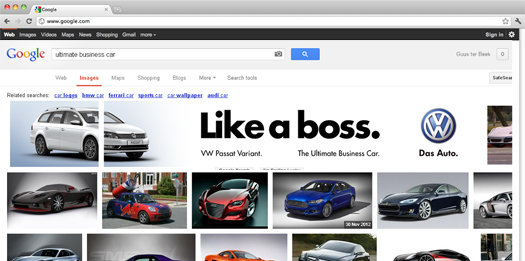 In May last year an appeals court in Arnhem has upheld a murder verdict on the basis of the contents of the suspect’s browser history.
In May last year an appeals court in Arnhem has upheld a murder verdict on the basis of the contents of the suspect’s browser history.
The court noted (PDF) that the suspect had been searching the Internet, mainly using Google, for amongst others ‘revolver’, ‘pistol’, ‘corpse delivery’ and ‘definition shot in the neck’.
In order to determine under Dutch law whether something is murder or manslaughter, the court must decided if the suspect acted with premeditation. “Following a plan that leads to the death of the victim”, the court writes, “counts as such. The court believes that lawful and convincing evidence exists that this is what the suspect did. He acquired a fire arm, found out how to use it, has looked for ways to make a corpse disappear, has searched on the internet for words like ‘death’ and ‘bullet through the head’ and has contacted the victim shortly before the latter disappeared.”
The suspect was convicted to 18 years imprisonment.
Webwereld reports that its sister publication Computerwereld and two scientists of Vrije Universiteit Amsterdam have made an inventory of the cases in which the browser history of the suspect made the difference between a murder and a manslaughter verdict. They found at least five such cases. According to Webwereld, this difference can lead to 8 years more gaol time. Suspects searched for phrases like ‘murder without evidence’ and ‘getting away with murder’—oh, the irony.
(Photo by Flickr user nathanmac87, some rights reserved)


 Remember
Remember